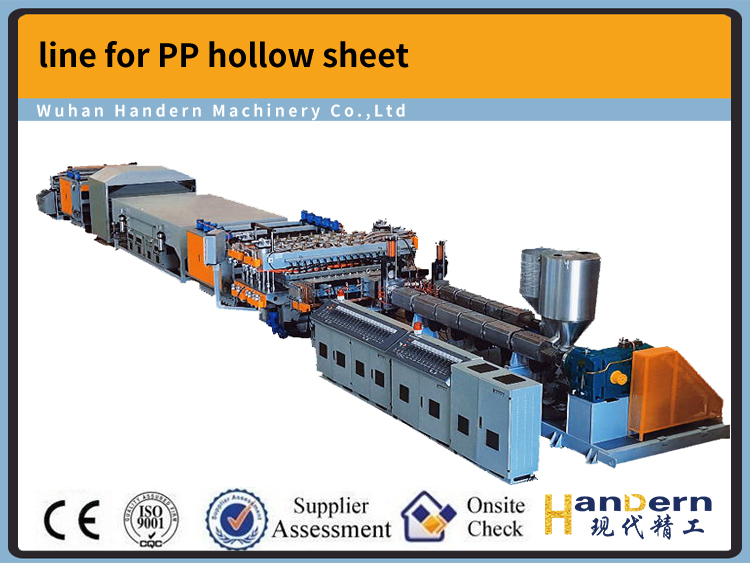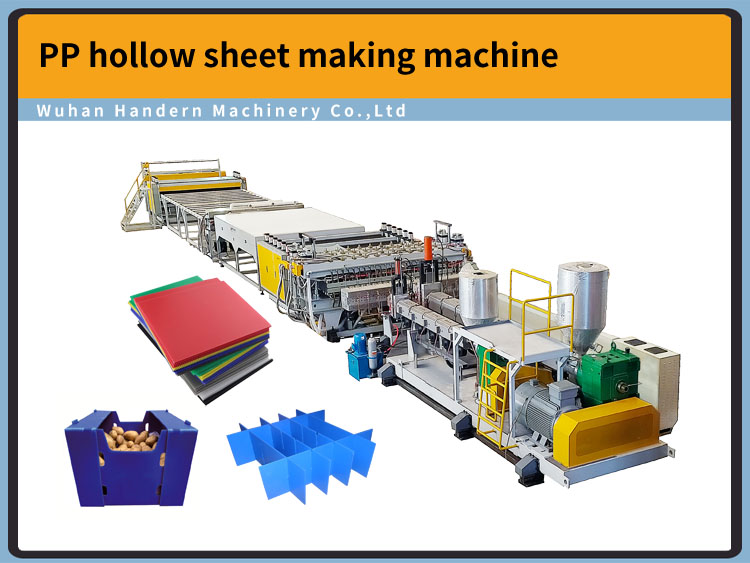Biaxially oriented nylon 6 film
DATE:2020/1/7 9:24:17 / READ: / SOURCE:This station
.4 Biaxially oriented nylon 6 film
Biaxially stretched nylon 6 film is a new type of high-end packaging material.
Party design.
Raw materials
The starting material is -caprolactam.
2. Major equipment
The main equipments are extrusion system, longitudinal stretching system, transverse stretching system and winding system.
phase
3. Preparation process
Nylon 6 chips are produced by 8-caprolactam through acid-catalyzed polymerization in the presence of water or ring-opening polymerization in the presence of alkali. However, in order for the formed nylon 6 chips to be suitable for biaxially stretched films, we must first improve Relative molecular mass of nylon 6. Because the processing performance of nylon 6 film is closely related to the size of its relative molecular mass, during the biaxial stretching process, great internal stress will be generated inside the nascent film. If the intermolecular force is less than this tensile stress, the film will easily tear or tear, and the intermolecular force is proportional to the relative molecular mass of nylon 6. Only when the relative molecular mass of the original film reaches a certain requirement, its corresponding molecule When the force is sufficient to resist tensile stress, biaxial stretching can be performed smoothly. Raw materials with relatively low molecular weight will make the process conditions for drawing processing harsh. In addition, if the relative molecular mass is too low, the multiples of biaxial stretching cannot be increased, so that the prepared film is thick and unsuitable for application. Since the relative viscosity is directly proportional to the relative molecular mass and the degree of polymerization, the relative viscosity can be used as an important index for examining nylon 6 slices.
The processing performance of nylon 6 film is also closely related to the molecular composition of nylon 6 slices. During the polymerization of nylon 6, some cyclic oligomers are inevitably produced. The presence of these cyclic oligomers has a serious adverse effect on the processing properties and the properties of the film. Therefore, reducing or even eliminating these cyclic oligomers has also become one of the keys to the development of biaxially stretched nylon 6 chips. The commonly used force method is to control the formation of cyclic oligomers during the polymerization process.
Amount of additives.
The processing performance of nylon 6 film is also closely related to the crystalline morphology of nylon 6 and the curled and stretched state of its polymer chains. If the crystal grains are too large, tearing tends to occur when pulling the film. Therefore, a nucleating agent to control the crystal grain size should be added during the polymerization process. In addition, it is necessary to add ultra-fine inorganic powder to control the surface roughness of the film. Only when the surface roughness of the film can be seen under an electron microscope can the adhesion between the film layers be avoided.
Therefore, the preparation process of biaxially stretched nylon 6 film is divided into two steps, that is, first, 8-caprolactam is made into a high viscosity film and nylon 6 is sliced, and then this slice is made into a biaxially stretched nylon 6 film.
(1) Preparation of high viscosity nylon 6 sections. Nylon 6 slices are usually made of 8-caprolactam at high pressure and higher temperature and certain
Biaxially stretched nylon 6 film is a new type of high-end packaging material.
Party design.
Raw materials
The starting material is -caprolactam.
2. Major equipment
The main equipments are extrusion system, longitudinal stretching system, transverse stretching system and winding system.
phase
3. Preparation process
Nylon 6 chips are produced by 8-caprolactam through acid-catalyzed polymerization in the presence of water or ring-opening polymerization in the presence of alkali. However, in order for the formed nylon 6 chips to be suitable for biaxially stretched films, we must first improve Relative molecular mass of nylon 6. Because the processing performance of nylon 6 film is closely related to the size of its relative molecular mass, during the biaxial stretching process, great internal stress will be generated inside the nascent film. If the intermolecular force is less than this tensile stress, the film will easily tear or tear, and the intermolecular force is proportional to the relative molecular mass of nylon 6. Only when the relative molecular mass of the original film reaches a certain requirement, its corresponding molecule When the force is sufficient to resist tensile stress, biaxial stretching can be performed smoothly. Raw materials with relatively low molecular weight will make the process conditions for drawing processing harsh. In addition, if the relative molecular mass is too low, the multiples of biaxial stretching cannot be increased, so that the prepared film is thick and unsuitable for application. Since the relative viscosity is directly proportional to the relative molecular mass and the degree of polymerization, the relative viscosity can be used as an important index for examining nylon 6 slices.
The processing performance of nylon 6 film is also closely related to the molecular composition of nylon 6 slices. During the polymerization of nylon 6, some cyclic oligomers are inevitably produced. The presence of these cyclic oligomers has a serious adverse effect on the processing properties and the properties of the film. Therefore, reducing or even eliminating these cyclic oligomers has also become one of the keys to the development of biaxially stretched nylon 6 chips. The commonly used force method is to control the formation of cyclic oligomers during the polymerization process.
Amount of additives.
The processing performance of nylon 6 film is also closely related to the crystalline morphology of nylon 6 and the curled and stretched state of its polymer chains. If the crystal grains are too large, tearing tends to occur when pulling the film. Therefore, a nucleating agent to control the crystal grain size should be added during the polymerization process. In addition, it is necessary to add ultra-fine inorganic powder to control the surface roughness of the film. Only when the surface roughness of the film can be seen under an electron microscope can the adhesion between the film layers be avoided.
Therefore, the preparation process of biaxially stretched nylon 6 film is divided into two steps, that is, first, 8-caprolactam is made into a high viscosity film and nylon 6 is sliced, and then this slice is made into a biaxially stretched nylon 6 film.
(1) Preparation of high viscosity nylon 6 sections. Nylon 6 slices are usually made of 8-caprolactam at high pressure and higher temperature and certain
Author:admin




